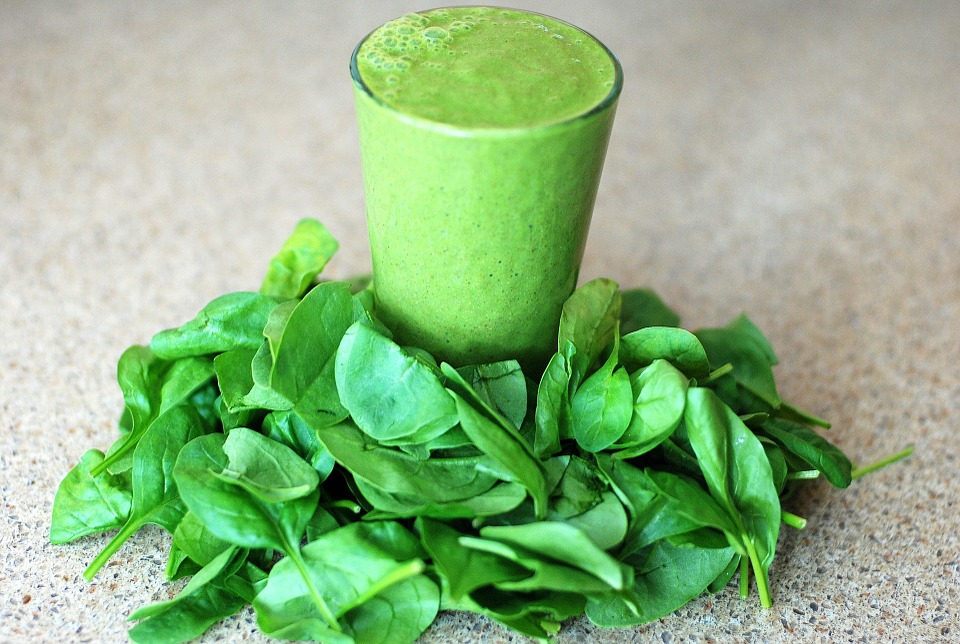Omega 3 fatty acids are found in food such as fish and flaxseed and in dietary supplements such as fish oil. The main omega 3 fatty acids are alpha lenolenic acid (ALA) eicosapentaenoic acid (EPA) and Docosahexaenoic (DHA) ALA is mainly in plant oils such as flax seed, soybean and canola oils. DHA and EPA are found in fish and other sea food.
ALA is an essential fatty acids meaning that your body can't make it so you must get it from foods and beverages you consume. Your body can convert some ALA into EPA then to DHA, from (and dietary supplements if you take them) but only in very small amount.
Omega 3 fatty acids are vital components of the diet as they can minimize inflammation and keep the body healthy people should bear in mind that the balance of omega 3 and omega 6 in the body plays a role in preventing inflammation.
Food provide omega 3
- Fishes and other seafood like prawns,crabsespecially cold water fatty fish, such as salmon mackerel tuna herring and sardines
- Nuts and seeds like flax seeds, chia seeds and walnuts
- Plant oilslike flax seed oil, soybean oil and canola oil
- Fortified foods like certain brand of eggs, juices milk, soy beverages and infant formulas
1-Salmon
Salmon is one of the most popular and highly nutritious types of fish available. There are some differences between wild and farmed salmon, which including some variation omega 3 contents; salmon contains:
1.24g of DHA
0.59g of EPA
2-Chia seeds
Chia seeds are an excellent plant based sources of ALA omega 3 fatty acids. They are also high in fibers and protein. Chia seeds contain 5.055g of ALA.
3-Walnuts
Walnuts contain 3.346g of ALA of omeg 3 faty acid. These nuts are a great source healthy fats, and reduce inflammation.
People can enjoy walnuts granulein a trail mix, snack bar, yogurt, salad or in other cooked dish.
4-Soybeen oil
Soybean oil contains 0.923g of ALA
Soybeans are popular legumes from Asia. Many people use soybeanoil for cooking.
It is also a good source of
- riboflavin
- magnesium
- potassium
- falate
- Vitamin k
5-Eggs
Omega 3 eggs are produced by hens fed a diet containing flaxseed. When the hens digest the flaxseeds some of the ALA gets broken down into DHA and transfer to the yolk. One omega 3 egg typically contains 340mg of ALA and 75 to 100 mg of DHA.
6-Flaxseed
Flaxseed or linseed comes from the flax plant, it is an annual herb. Scientific evidence support consumptions of flaxseed for the high content in omega 3 ,omega 6 oil and it contain 53% alpha linolenic acid (ALA) , 17% Linoleic acid (LA) , 19% oleic acid , 3% stearic acid and 5% palmetic acid.
7-OYSTERS
Oysters are a favorite shelfish to serve as an appetizer or a snack. Unlike many other seafood oysters contain all three major classes of omega 3 fatty acids.
- 0.14g of ALA
- 0.23g of DHA
- 0.31g of EPA
Oysters are also rich in zinc and vitamin B-12
8- Spinach
Most leafy green vegetables have significant amounts of omega 3 and spinach is also one of them raw spinach actually has a mild flavor, making it an ideal base for salad or crunchy addition to sandwich few people add spinach to eggs, soups, or pasta dishes without impacting flavor.
9- Broccoli
Like its other leafy green counterparts, broccoli is a powerful source of ALA, one of the omega 3 fatty acidour body needs (but can’t make on its own). Broccoli is also high in fiber, zinc and protein and are must for ADHD brain.
10- Canola Oil
Canola oil is full of omega 3 has less saturated fat but most commonly used oils and is one of the mildest tasting options, making it ideal for everyday use. Other good options for oils are walnut oil, flaxseed oil and olive oil.
Omega 3 fatty acids are vital component of the diet as they can minimize inflammation and keep the body healthy. People should bear in mind that the balance of omega 3 and omega 6 in the body plays a roletoprevent inflammation. In addition, to increasing their omega 3 intake, people should limit their consumption of foods high in omega 6. It is nacessary to include all three main types of omega 3 in the diet to balance omega 3 and omega 6 ratio. People who wish to avoid sea food and fish sources can meet their requirement using plant based sources, oils and algae supplements.
Source: healthline.com, medicanewstoday, scienticamerican.com
